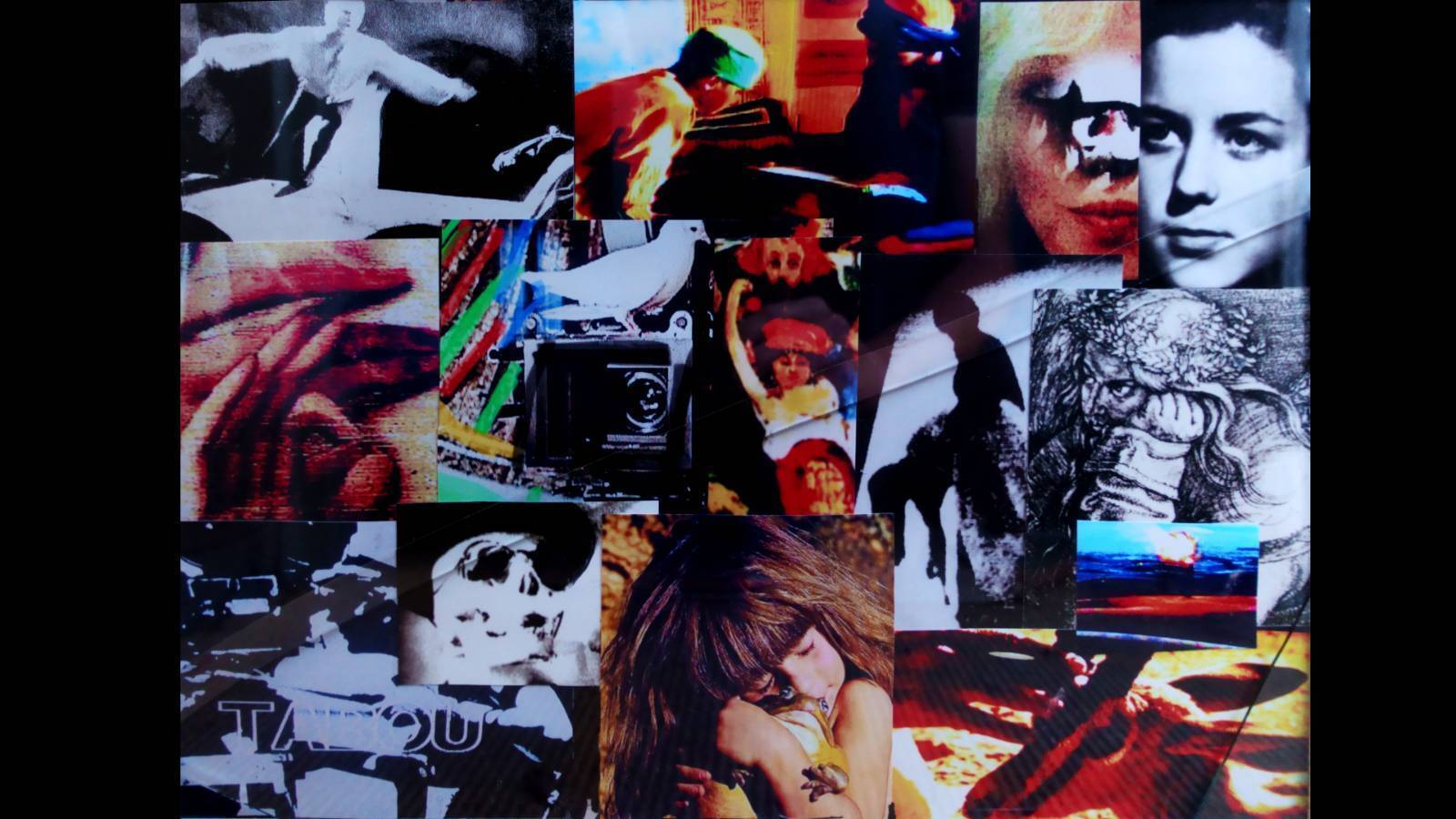Director: Jean-Luc Godard
Writer: Jean-Luc Godard
Stars: Jean-Luc Godard
Synopsis: The story explores genesis and decline through fragmented notes and images, haunted by death. The second part depicts the director completing his farewell work, a self-portrait of his mortal end.
Jean-Luc Godard is a master who gave birth to many cinematic movements–particularly the highly influential French New Wave along with François Truffaut and Eric Rohmer–and filmmakers worldwide. That is why everyone was mourning when the French-Swiss legend passed away two years ago, even those he rubbed the wrong way or who were not into his work. This is not only because of him per se but also because of his footprint in cinema and his tall figure. The force and impact his films, words, essays, and creativity had on the world was unlike anything you have ever seen. This is presented in the last short film Godard made, which he finished a day before his assisted suicide, Scénarios (screening in the Spotlight section at this year’s NYFF, paired with Exposé du film annonce du film “Scénario”).
Scénarios and Exposé du film annonce du film “Scénario” is one last project and goodbye from a legendary filmmaker who has never lost his creative fire during his seven-decade career. This comes after what we thought would be his “aurevoir” in Trailer of the Film That Will Never Exist: “Phony Wars”. This final short encapsulates his ingenuity in a small yet artistically vast package. Knowing that he finished this a day before his death adds another layer to Scénarios, as Godard’s voice graces us for one last time. You feel this whisper in his breath that the end is coming near. There have been many projects made by artists near their deathbeds, and you can feel that in their output.
Some notable examples are Leonard Cohen’s ‘You Want It Darker’, David Bowie’s ‘Blackstar’, and last year’s Ryuichi Sakamoto | Opus–all fascinating pieces of work with a haunting, indelible feeling. Scénarios is another addition to this list that culminates the artist’s career through the great separation by showing the audience, listeners, and fans why they were legends in their own right and some of the most ingenious minds in the art world. Scénarios is an 18-minute short, constructed via a collage style, similar to Godard’s previous works, Phony Wars and The Image Book, but played with a more personal tone. Images and clips of the past are interlaced with new makeshift designs; haunting war photography and a scribbled self-portrait of Godard are some of the snapshots intertwined to create an experience like no other from the French-Swiss master.
War and death are at the center of the project via the ingenuity and unimpeded political jobs Godard throws at the U.S. army and Macron. Godard has never been subtle about his critiques of society, culture, and politics. He goes straight to the point and strikes with his piercing imagery. Like in Film Socialisme, he sometimes uses a more illogically cryptic route to deliver his commentary. (I have read that he placed scattered subtitles at the Cannes premiere so the English-speaking audience couldn’t understand.) But he has learned from these experiences and, in comparison with the 2006 film, Godard has a more persuasive voice when doing these types of projects. This is more prevalent in the short accompanying Scénarios, Exposé du film annonce du film “Scénario”, where Godard creates the headlining short as if we are a fly on the wall.
The camera lets us into his apartment, and we hear him describe the scrapbook of purposefully scattered images we had seen previously. His graveled voice as we listen to how everything is going to pan out provides a sort of haunting feeling, especially since we know that not long after, he passes away. Just by looking at him, you don’t notice that he is unwell. However, his thematic exploration of time, life, and death upon each direction he gives to longtime collaboration and editor Fabrice Argneto does hint that the end is coming near–us glimpsing through the past and noticing some hidden meaning behind his pronunciations, images, and the “final warning” tag attached to Scénarios about the world in irredeemable territory. The final words spoken as the camera sticks to his face are “Okay,”… and that expression tells the complete story. This is the end; the screen turns black as he gives us his cinematic resignation letter.
He blesses us with a deep dive into the mind of a legendary filmmaker’s creative and emotional psyche while doing unintentional segue ways about his last few days alive, reminiscent of Cohen, Bowie, and Sakamoto’s curtain-closing works musically, yet somehow more eerie. A strange sentiment is attached if you look back to his older work after watching this dual piece. What was his process like in many projects Godard did as he got older? Was it similar to this? How did he change? It will remain a mystery for the most part, as many books and reports about him (like ‘Everything is Cinema: The Working Life of Jean-Luc Godard’ by Richard Brody) provide a light into his creative composure from an analytical point of view.
Yet, something like this, where we are behind the scenes and guided thoroughly, will never be obtained again. Neither cinematic essay, book, or reports about him will reach this emotional threshold of poetry through film. Scénarios does something that the entire Godard filmography has not achieved. And that shows the legend at his most vulnerable for the first time in a career where he has always been resilient and with plenty of self-control. Seeing him quoting some of the exemplary lines of his 1968 feature, Contempt, is an example of Godard’s prompting that this is where he leaves us. As he says farewell, his memorable face is immortalized by all the cameras and celluloid prints in a blur. Inspired thousands and moved millions, Godard’s voice will forever be a part of cinema’s vast, rich history.






